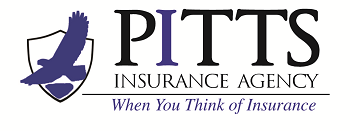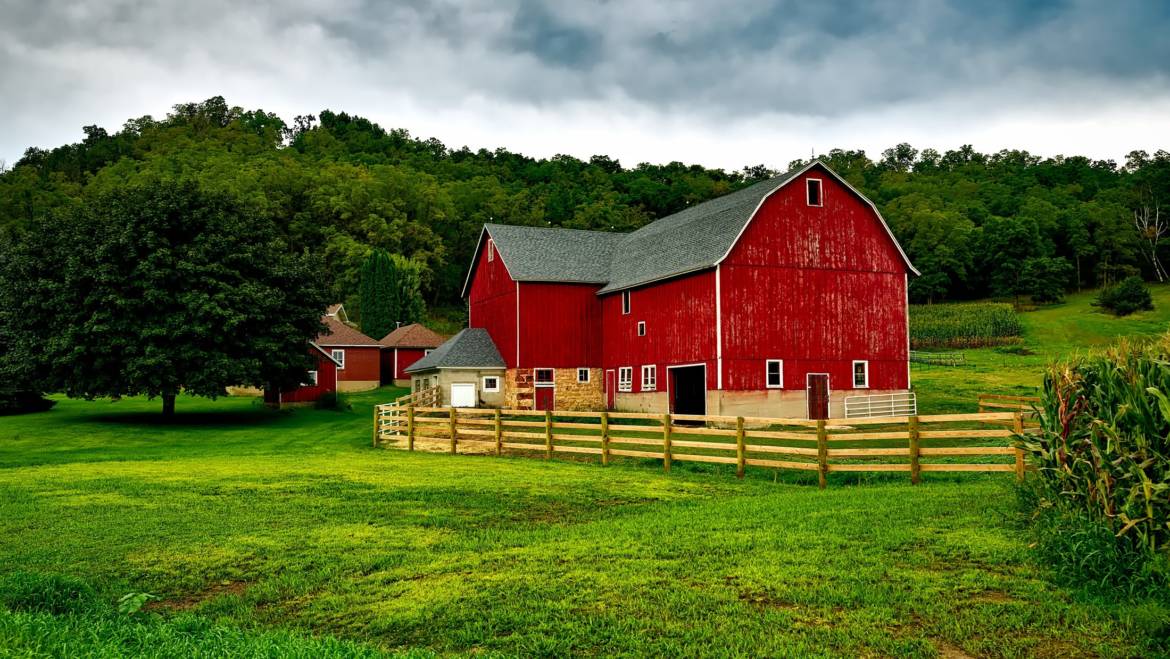Agricultural business owners may feel they have risk under control, but even seasoned ranchers and farmers can miss an important aspect of risk mitigation. This involves protecting your business from potential liability for the mistakes made by third parties who supply services or products, such as subcontractors, suppliers or farm labor workers.
The concept of risk transfer refers to precautions you can take to help hold third parties financially responsible should their materials, products or services cause or contribute to a liability claim. The transfer of risk can be accomplished through contractual arrangements that include requiring third parties to have insurance coverage sufficient to protect your interests. When implementing a risk transfer program, you should work with your insurance agent as well as an attorney experienced in contract law in your state.
Following are a few typical farm-based scenarios that help illustrate how the mistakes of third parties could lead to claims against an agricultural business owner.
Farm Labor Contractors
It’s harvest time, and you contract with a farm labor contractor to provide you with seasonal workers to supplement your workforce. One of the workers, while operating your tractor, becomes distracted and drives into a ditch, damaging the tractor and injuring himself. Several months later you receive notice from the farm labor contractor’s workers compensation carrier stating that you are liable for the medical expenses resulting from the injuries the worker sustained while operating the tractor.
One risk transfer technique that may help reduce your liability in this situation is to ask the farm labor contractor to seek a “waiver of subrogation endorsement” on their workers compensation policy.
Service or Repair Contractor
In this scenario, you hire a welder to repair scaffolding in your hay barn. While working, the welder ignites barn timbers and the resulting fire damages the barn and your neighbor’s adjacent property. Without the appropriate risk transfer mechanisms in place, you may face liability for the damage to the adjacent property.
Some risk transfer techniques that may help reduce your liability in this situation may include a contract that requires the welder to defend and indemnify you against claims resulting from his or her work. Another would be a requirement that the welder name you as an additional insured on his or her general liability policy.
Agritainment
Agri-entertainment, also known as agritainment, is a growing segment of American agribusiness. Whether you’re hosting a wedding on your farm, a hunt on the opening day of pheasant season or an annual charitable pumpkin-carving contest, allowing others to use your property can expose you to liability unless you adequately protect yourself and your business.
A few risk transfer techniques that may help reduce your potential liability when hosting events on your property include a signed contract that includes a waiver of liability from the individuals or parties involved. Another is to put Additional Insured status on the insurance policy from those coordinating the event.
Read the original blog from Travelers Insurance here.

